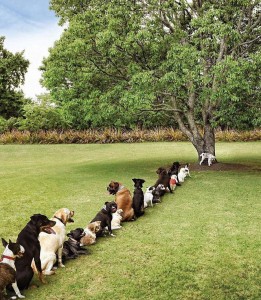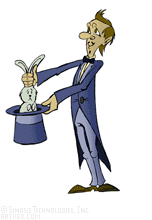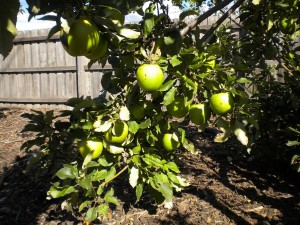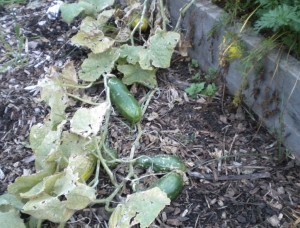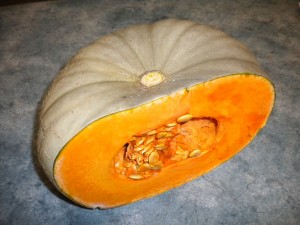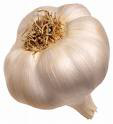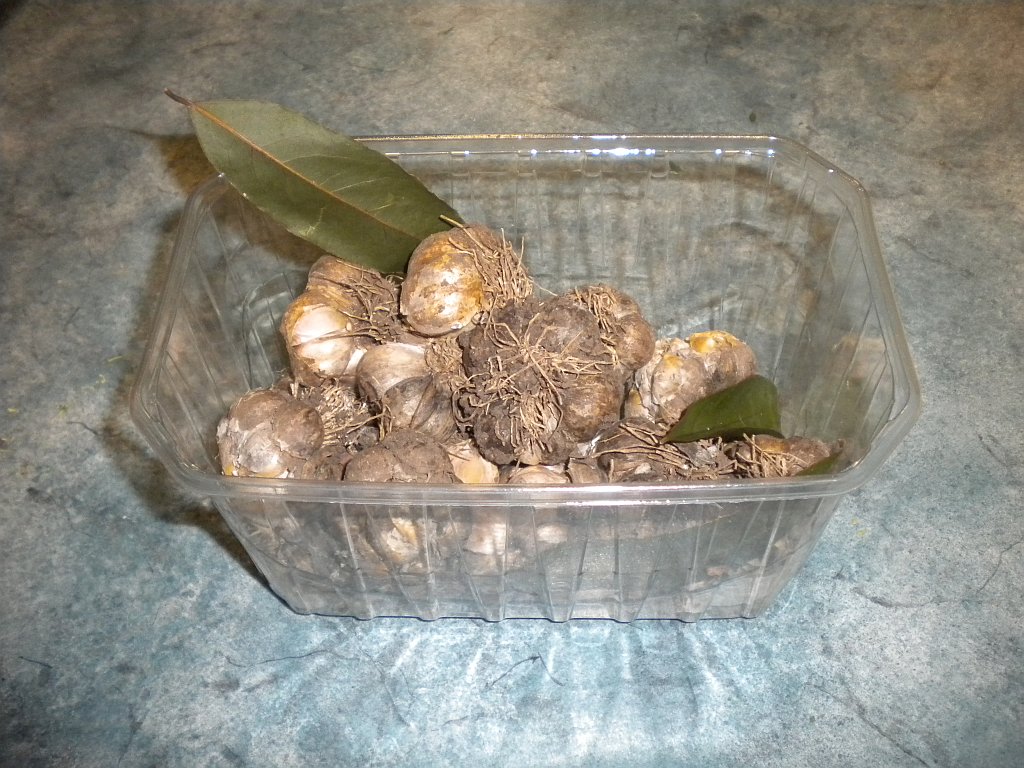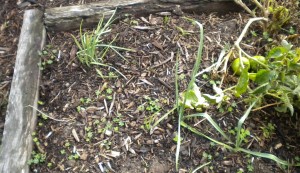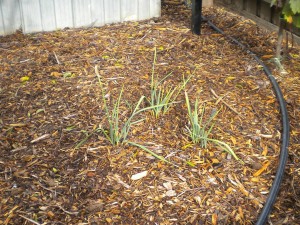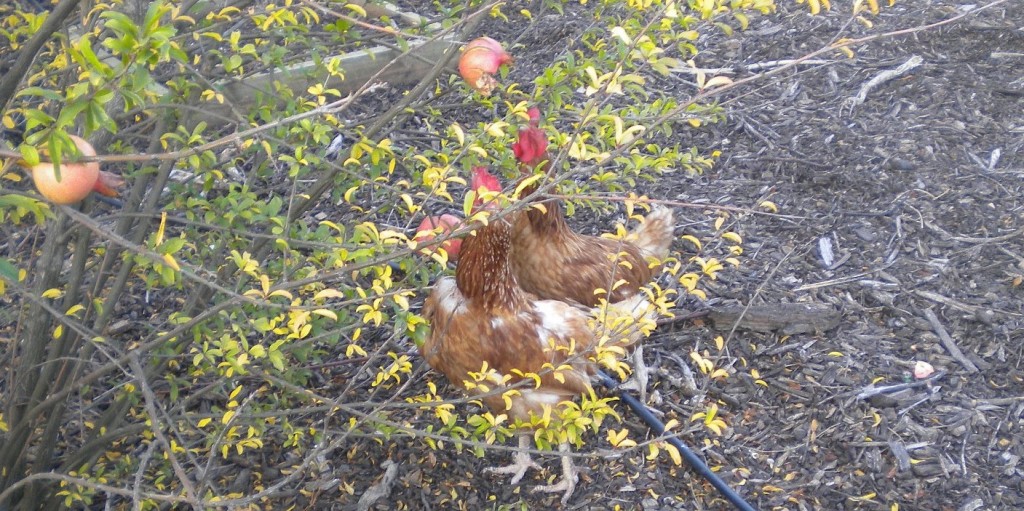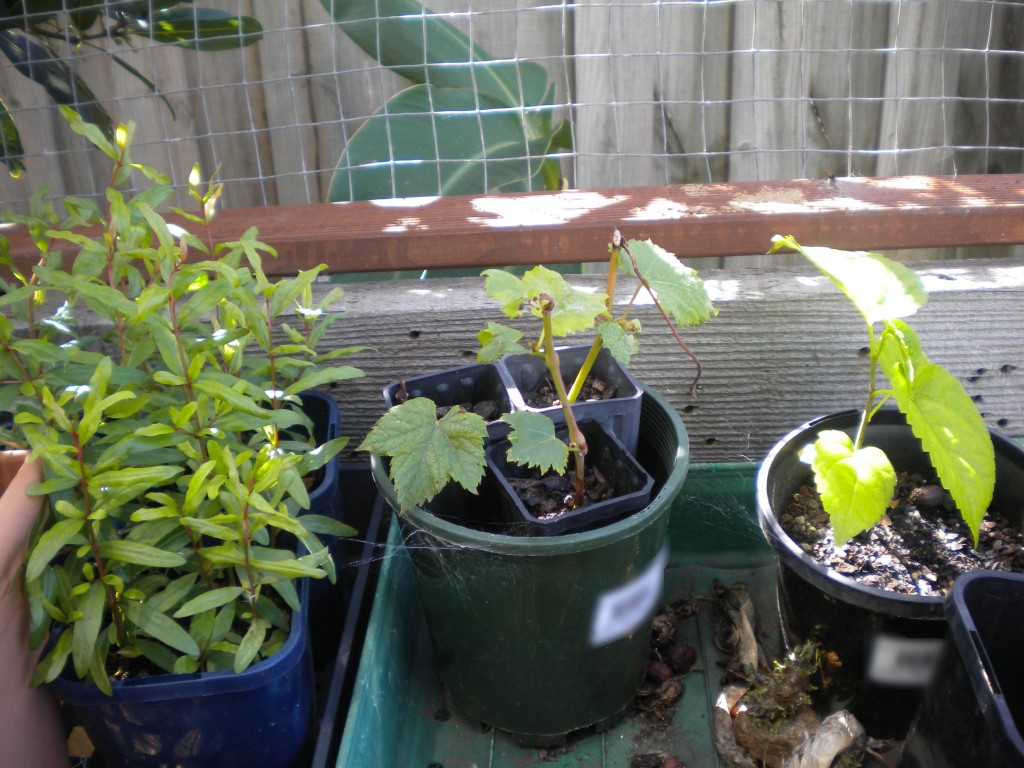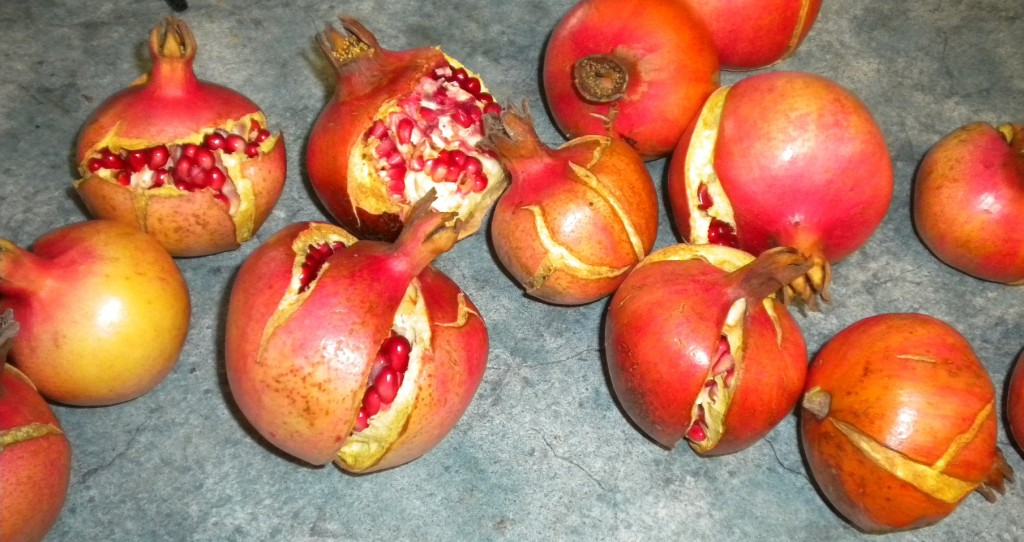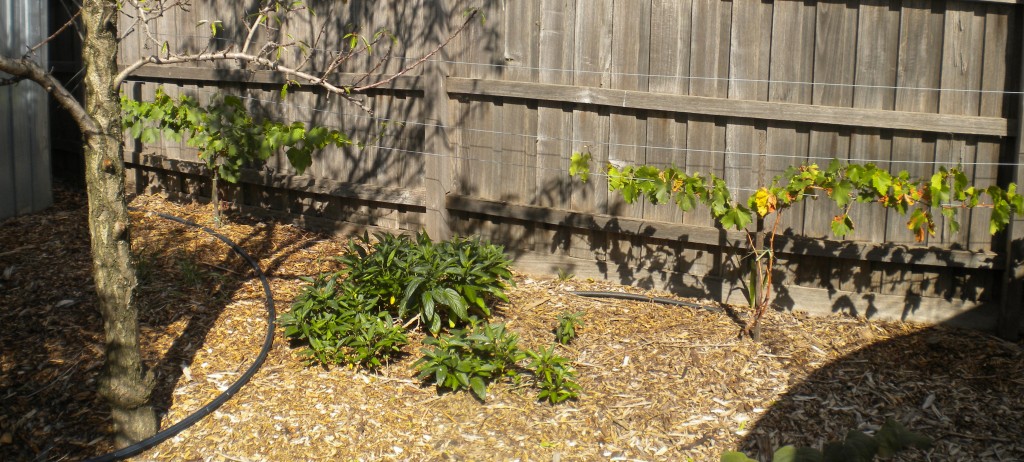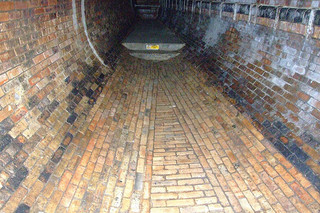 One of the great engineering acheivements of the 19th century was construction of the underground sewerage systems in heavily populated cities in Europe and the “New World”. At the time they were severely polluted and disease was rife.
One of the great engineering acheivements of the 19th century was construction of the underground sewerage systems in heavily populated cities in Europe and the “New World”. At the time they were severely polluted and disease was rife.
The construction of the sewers provided immediate and substantial health benefits to the people in the those cities. They were one of the main factors that wiped out serious water borne diseases that often reached plague status. Over time these systems were rolled out into smaller towns and villages and regulations were enhanced and enforced until they almost had a life of their own.
We now live in cities and rural communities where these rules and regulations are becoming counterproductive and are actually preventing us from implementing new techniques and practices that have positive environmental benefits without endangering our health. From composting toilets to proposals for turning human manure into renewable energy, these ideas are met with stiff resistance and sometimes angry responses from authorities around the world. To be fair, local authorities are very risk averse with good reason as they are the one’s who wear the pain if things go wrong but there needs to be a way to move forward. We don’t want to be the six gorillas. Well, I found a way to do my bit, as it were.
I remember as a kid growing up on farms siding up to the nearest tree or bush in the paddock to answer nature’s call. I also remember getting into loads of trouble when we moved the suburbs when I was five, for doing just that in the front yard.
Boy, was I confused!
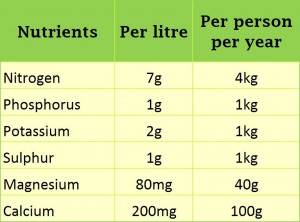
Approximate Nutrient Content of Urine
Now, as it happens the majority of the nutrients are in the urine and it can be considered liquid fertiliser. So wee, as it were, is the thing for the garden rather then the… ahem… rest of the business. The table shows shows the nutrient content of urine.
That’s a lot of NPK+ fertiliser going to waste, Literally!
People in many parts of the world store and use this wonderful plant food to great effect. I’m not prepared to go quite that far (yet) but I’m more than happy to wander out in the evening and pick a different tree and not just the proverbial lemon. It’s important to vary the location because, even though it is a relatively dilute fertiliser it can build up if applied continually to the same spot. You should also hold off, so to speak, if you are sick as some pathogens can be present even though usually it is pathogen free.
Another benefit is the water saving as each time you fertilise a tree you save between 6 and 12 litres of water depending on the toilet and choice of flush. Win-Win!
There are loads of links on the web about this and related topics, but one I found quite informative is
https://www.uni-hohenheim.de/respta/poster/urine_fert.pdf
So go on, do your bit and Wee on a Tree!
